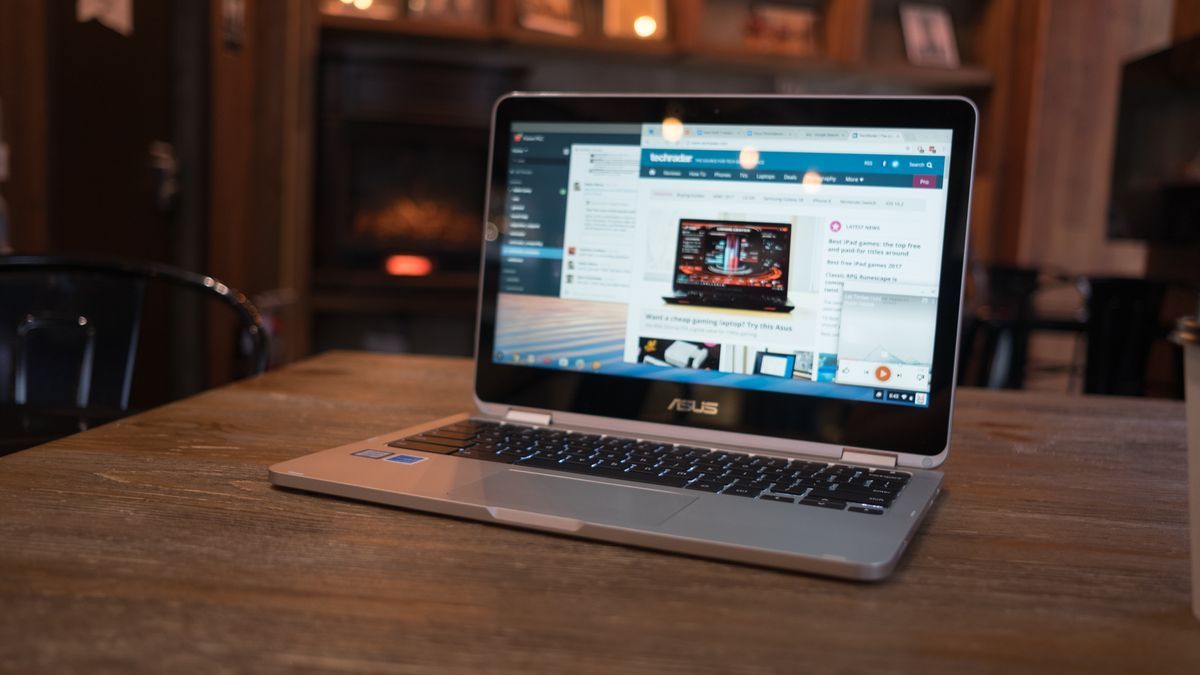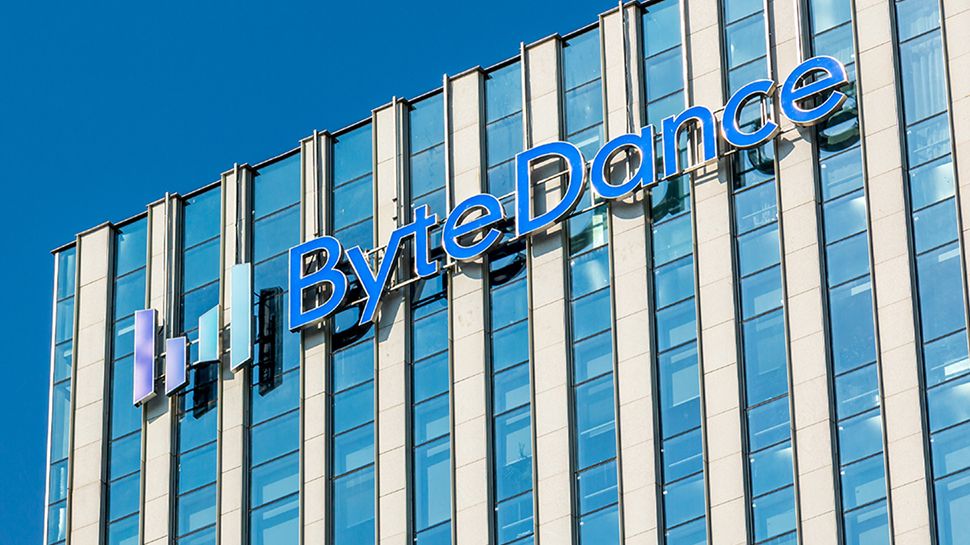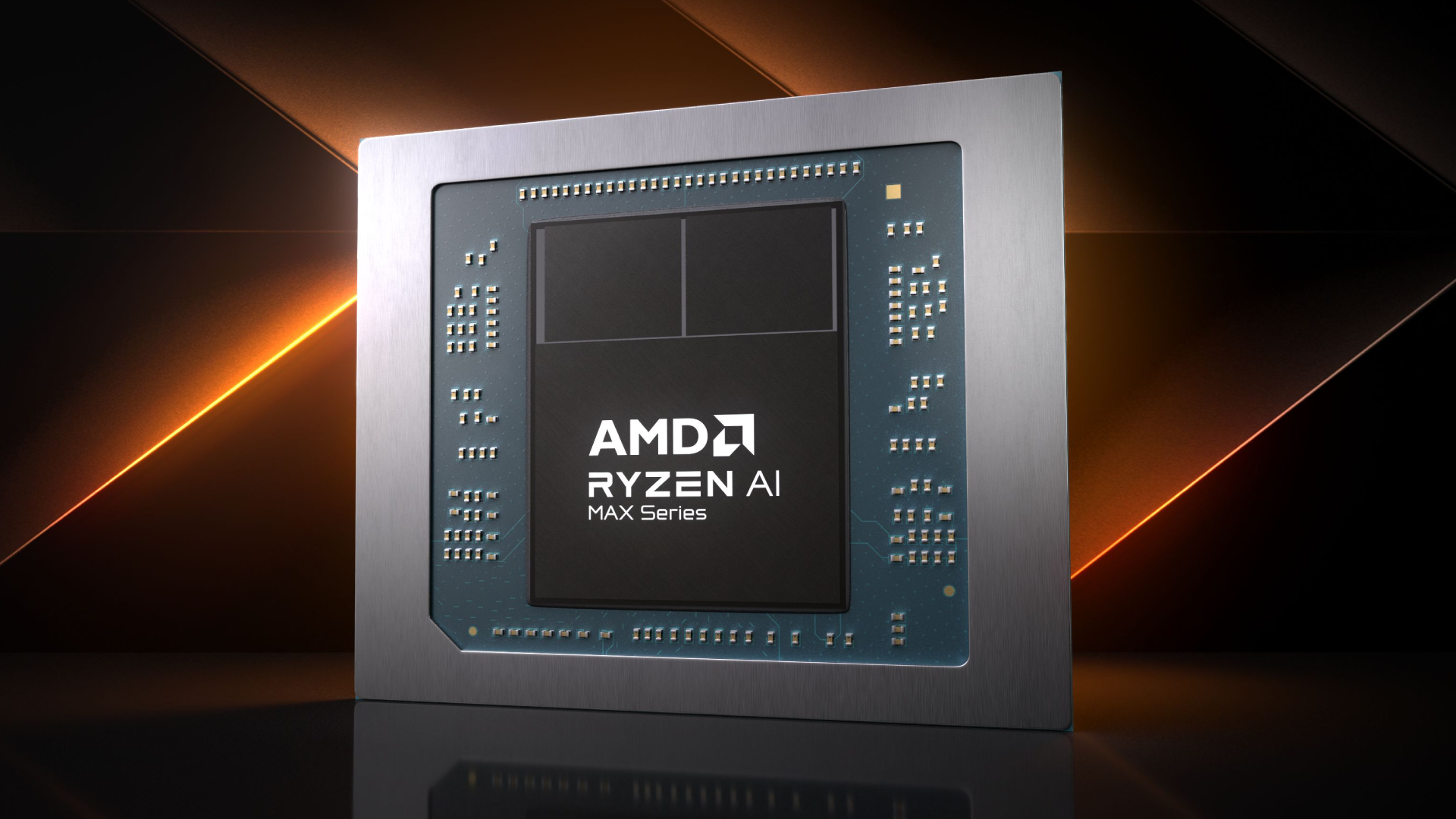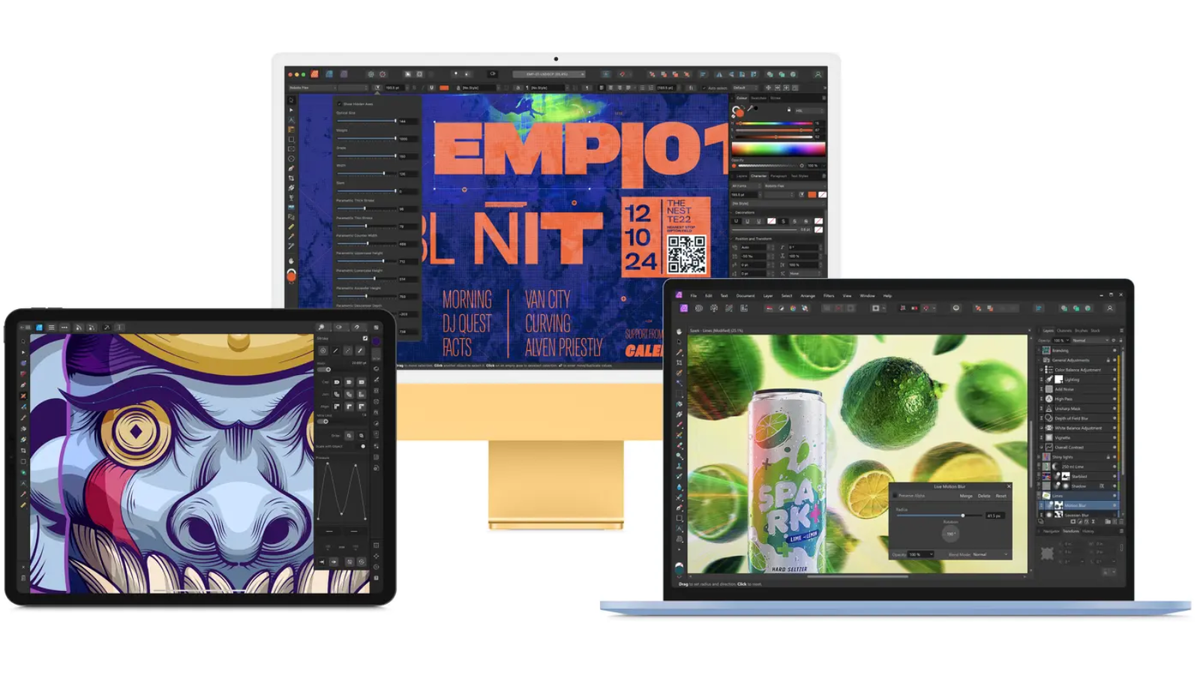A recent report revealed that Google held a private demo that showed a customized version of ChromeOS, its operating system (OS) for Chromebooks, running on an Android device. Of course, Android is the operating system for Google's smartphones and tablets, while ChromeOS was developed for its line of Chromebook laptops and Chromebox desktop computers.
Anonymous sources spoke to Android Authority and shared that Google hosted a demonstration of a purpose-built Chromium operating system (an open source version of ChromeOS hosted and developed by Google), codenamed 'ferrochrome', showing it to other companies.
The custom build was run in a virtual machine (think of this as a digital emulation of a device) on a Pixel 8, and while this Android smartphone was used as hardware, its display was not. The operating system was projected onto an external display, which was made possible by a recent development for the Pixel 8 that allows it to connect to an external display.
A recent report revealed that Google held a private demo that showed off a customized version of ChromeOS, its operating system that allows you to run a secure and private execution environment for highly sensitive code. The AVF was developed for other purposes, but this demonstration demonstrated that it could also be used to run other operating systems.
What this means for Android users, for now
This demonstration is evidence that Google has the ability to run ChromeOS on Android, but there is no news, or even remote hints, of Google having plans to merge these two platforms. It also doesn't mean that the average Android device user will be able to switch to ChromeOS, nor that Google is planning to ship a version of its Pixel devices with ChromeOS.
In short, let's not read too much into this yet, but it is important that this can be done, and possibly indicates that Google is toying with the idea in some way.
Over time, Google has developed Android and ChromeOS to be more synergistic, particularly giving ChromeOS the ability to run Android apps natively. In the past, as you may remember, Google even tried to create a hybrid of Android and ChromeOS, codenamed Andromeda. However, work on it was shelved because the two operating systems were already having substantial success separately.
To put these claims to the test, Android Authority created its own custom 'ferrochrome' ChromeOS that it was able to run using a virtual machine on a Pixel 7 Pro, confirming that it's possible and providing a video of this feat.
For now, we can only wait and see if Google is going to explore this further. But it's already interesting to see Android Authority demonstrate that this is possible and that the tools to do it already exist if developers want to try it themselves. Virtualization is a popular method of running software originally created for another platform, and many modern phones have the hardware specifications to facilitate it. It could also be a path for Google to improve desktop mode for the upcoming Android 15, as the version seen in beta apparently has a long way to go.









